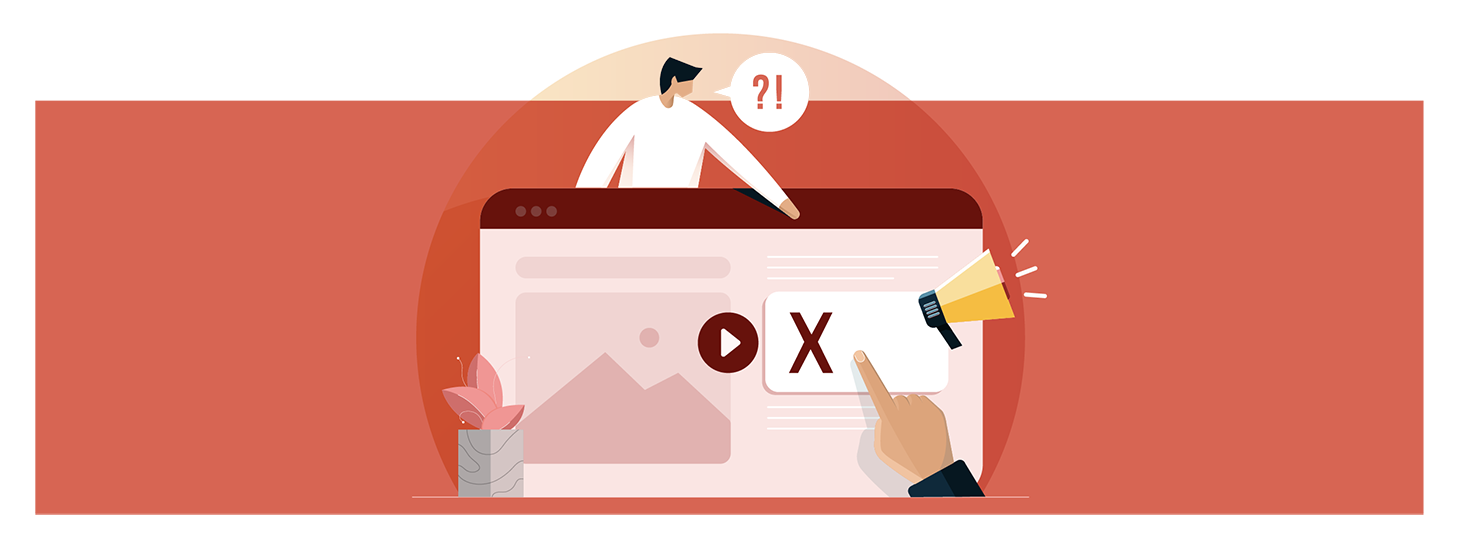TLF Gems Newsletter December 2022
Your monthly CX and insight newsletter from TLF Research
Once men turned their thinking over to machines in the hope that this would set them free. But that only permitted other men with machines to enslave them.
Frank Herbert, Dune
Are you sick of Christmas ads yet? Or perhaps you love them, and can't get enough?
What do they tell you about the brands paying for them? Every year is an interesting test for brands to choose whether to go for sentiment or humour, to judge how far they can push emotional buttons before they're accused of mawkishness or hypocrisy. I prefer to judge them, like any marketing, on the extent to which the tone and emotion of the ad is borne out in the actual customer experience of dealing with the brand.
Marketing is a promise, and Customer Experience is the delivery on that promise.
That doesn't mean that ads have to be stultifyingly literal, but it does mean they have to feel authentic, and that goes for any marketing communication. If I was a train company right now, I'd think very hard before running ads depicting happy customers (all with seats) whizzing to their on-time arrival.
Thanks for reading,
Stephen
Here are 7 things we think are worth your time this month
Playmobil Journey Mapping
I enjoyed this post about using Playmobil for mapping out a customer experience. Playmobil, Lego, or other physical props are a great way to think and "sketch" in three dimensions about real world experiences. "Bringing the whole experience to life through role-playing forced me to think beyond digital."
Read: Playmobil Journey Mapping
Good For Nothing
Thought-provoking piece from Nick Ashbury about "purpose-led" advertising, and indeed business. Lots of ground covered, but his key point is that what really annoys people about some ads and brands is not hypocrisy, but moral grandstanding and hubris. Humility and humour, as ever, go a long way. "What aggravates people about these campaigns is not the attempt to do good, or even the attendant hypocrisy. It’s the self-celebration and self-heroisation: the sense that the real motivation is status-boosting, not altruism."
The Machine That Makes The Thing Is More Valuable Than The Thing
I love this newsletter entry from Francois Chollet about the hierarchy of what matters in a company, and how losing sight of that can leave you unable to react to change. Given the timing, it's hard not to read it as a scathing critique of Elon Musk. "Software companies run on people, not servers. Your people are what make your company what it is."
Read: The Machine That Makes The Thing Is More Valuable Than The Thing
Three Questions
Andy Budd on Twitter (well worth a follow) points out that when someone suggests a feature, it really means they're proposing a solution to an imagined problem, which prompts 3 questions: 1) Is it a real problem? 2) How important is it? 3) Is this the best solution? "Getting into a habit of asking these sorts of questions when somebody suggests a certain feature can help you avoid going down unnecessary and potentially expensive rabbit holes."
Be More Buffalo
I don't know if this is actually true or not, but I enjoyed it as a parable. When cows sense a storm coming they try to run away, but it inevitably catches up with them and soaks them as they move with it. Buffalo turn and charge through the storm, so they spend less time getting wet. "...we don't get to choose whether or not we have storms. The only choice that we have is how we respond to those storms. And more specifically here, is when we respond to those storms."
Humane By Design
Designers, as people like Mike Monteiro have pointed out, can often (intentionally or unintentionally) harm their users or promote unhealthy behaviour. This site provides a great set of principles, best practices, and resources for doing better - pick one of your customer journeys and see how well it stands up to them! "As designers, we play a key role in the creation of such technology, and it’s time we take responsibility for the impact that these products and services we build are having on people it should serve."
Top Reads: Do Present
This is a great short book about presenting that focuses on helping you say what you want to say with confidence, and emphasises the importance of structure (in my view this is what sets good presentations apart from mediocre ones). "If you don't have an idea that will shift something in your audience then why are you presenting?"
/f/131443/1617x1027/a52d255102/tsm-benchmarking-reports-feature.png)
/f/131443/1335x887/4b635cd785/essentials-analysis-webinar-feature.png)
/f/131443/2512x1656/98a7710e67/cx-feature.jpg)
/f/131443/640x422/c90e3b081d/research-to-inform-strategy.jpg)
/f/131443/1962x1135/e8f74f1bf6/customer-research-review.png)






